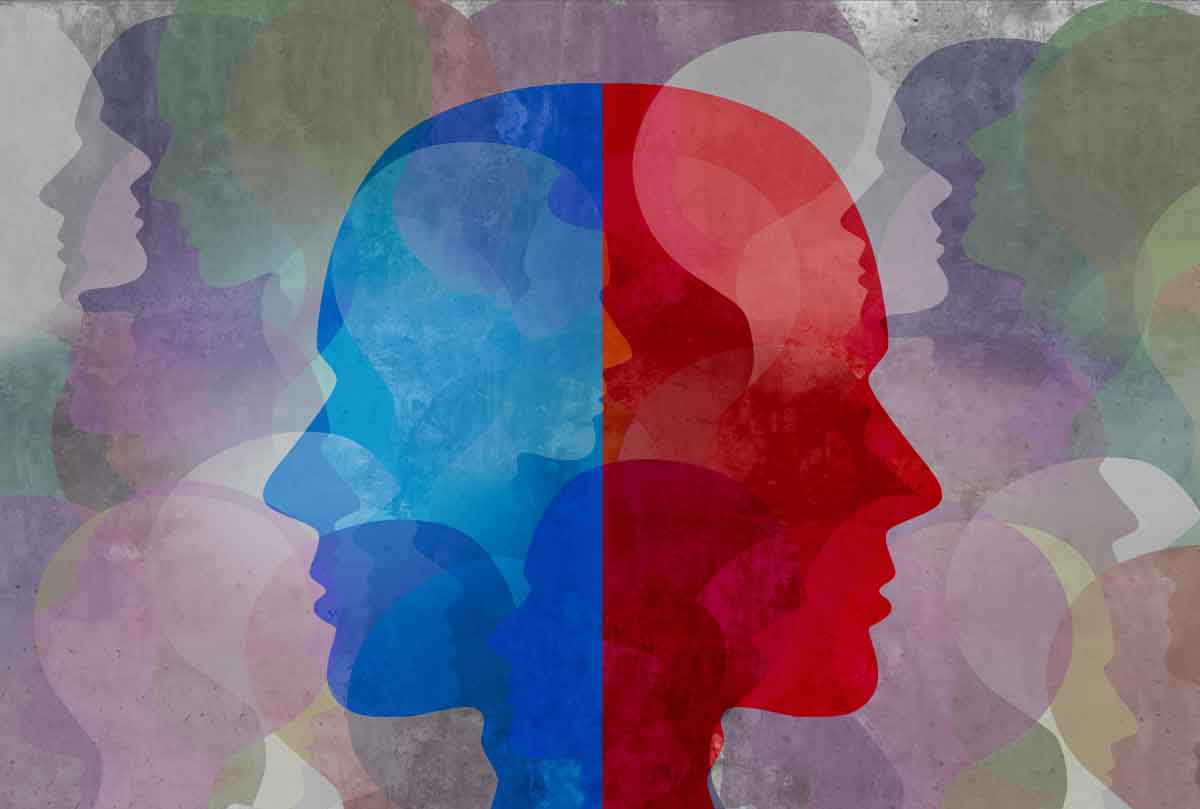Coffee intake is associated with telomere length in severe mental disorders


The CNP Diet and Psychiatric Disorders Research Category explores the interconnected relationship between dietary intake and psychiatric disorders, including schizophrenia, bipolar, major depressive disorder, and suicide in the adult population. To view each original study on the open internet, click “Original.” To view the CNP-written abstract summary, click “CNP Summary.” While only some CNP-written abstract summaries are available below for free, all are available to CNP members through the CNP Library Membership.

This 2019 review by Sarnyai et al. summarizes recent findings on the efficacy of a ketogenic diet in preclinical models and in schizophrenic patients. It also highlights emerging evidence for compromised glucose and energy metabolism in schizophrenia, which provides a strong rationale and a potential mechanism of action for the ketogenic diet. The authors state that recent postmortem prefrontal cortical samples and in-vivo NMR spectroscopy results support the idea that there is impaired synaptic communication in the brains of people with schizophrenia: the result of abnormal sugar handling and dysfunctions of the mitochondria. In some pharmacological and genetic mouse models, the ketogenic diet — which provides alternative fuel to glucose for bioenergetic processes in the brain — normalizes schizophrenia-like behaviors. In recent case studies, the adoption of the ketogenic diet improved psychiatric symptoms, metabolic dysfunctions, and body composition in schizophrenic patients. Randomized controlled clinical trials are warranted to confirm the efficacy of the ketogenic diet as a co-treatment in the management of both clinical symptoms and metabolic abnormalities both inherent to schizophrenia and resulting from antipsychotic treatment.
Coffee intake is associated with telomere length in severe mental disorders
Does dietary selenium protect against suicidal ideation? Findings from a U.S. population study
The relationship between healthy eating obsessions, clinical eating disorder, and health anxiety: The dark side of the pursuit of healthy eating
Mediating effect of food disgust between depression/anxiety and avoidant restrictive eating
Nutrient deficiencies in patients with psychiatric disorders – investigating how low levels of omega-3s, B vitamins and magnesium affect mental health conditions like depression, schizophrenia and bipolar disorder
Association between serum β-carotene and suicidal ideation in adults: a cross-sectional study
Association between dietary fiber intake and suicidal ideation: a cross-sectional survey
Dietary habits and genetic susceptibility: Correlations between nutritional intake and genetic risks for schizophrenia and bipolar disorder
Development of an anti-inflammatory diet for first-episode psychosis (FEP): a feasibility study protocol